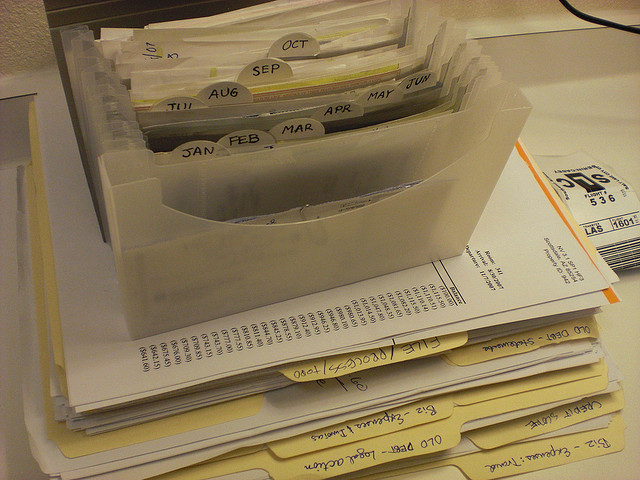Tax Records, How Long Should I Keep Them?

 SPONSORED CONTENT
SPONSORED CONTENT
By J. Young, AARP
Ask ten economists the same question and the range of answers you get will be surprising. This also holds true when you ask Enrolled Agents, CPAs, the IRS, or Financial Planners how long to retain tax documents. The range of responses will run from a minimum period of time to a lifetime.
The official answer for record retention is provided on page 6 of IRS Pub 552.
The IRS publication says that you must keep records as long as they may be needed for the administration of any provision of the Internal Revenue Code. You should construe this to mean you should keep records that support items on your tax return until the period (or statute) of limitations for that return runs out.
 The statute of limitations represents the period of time in which you can amend your return to claim a credit or refund and the period of time that the IRS can assess additional tax.
The statute of limitations represents the period of time in which you can amend your return to claim a credit or refund and the period of time that the IRS can assess additional tax.
1. Owe additional tax and (2), (3) and (4) do not apply to you – ……3 years
2. Do not report income that you should and it is more than
25% of the gross income shown on your return – ………………..6 years
3. File a fraudulent return – …………………………………………No limit
4. Do not file a return – ……………………………………………..No limit
5. File a claim for credit or refund after you filed a return – ……….The later of
3 years or 2
years after
tax was paid
6. File a claim for a loss from worthless securities – .………………7 years
Any records relating to the cost basis of property should be kept until the period of limitations expires for the year in which you dispose of the asset.
[Photo by i am real estate photographer]

